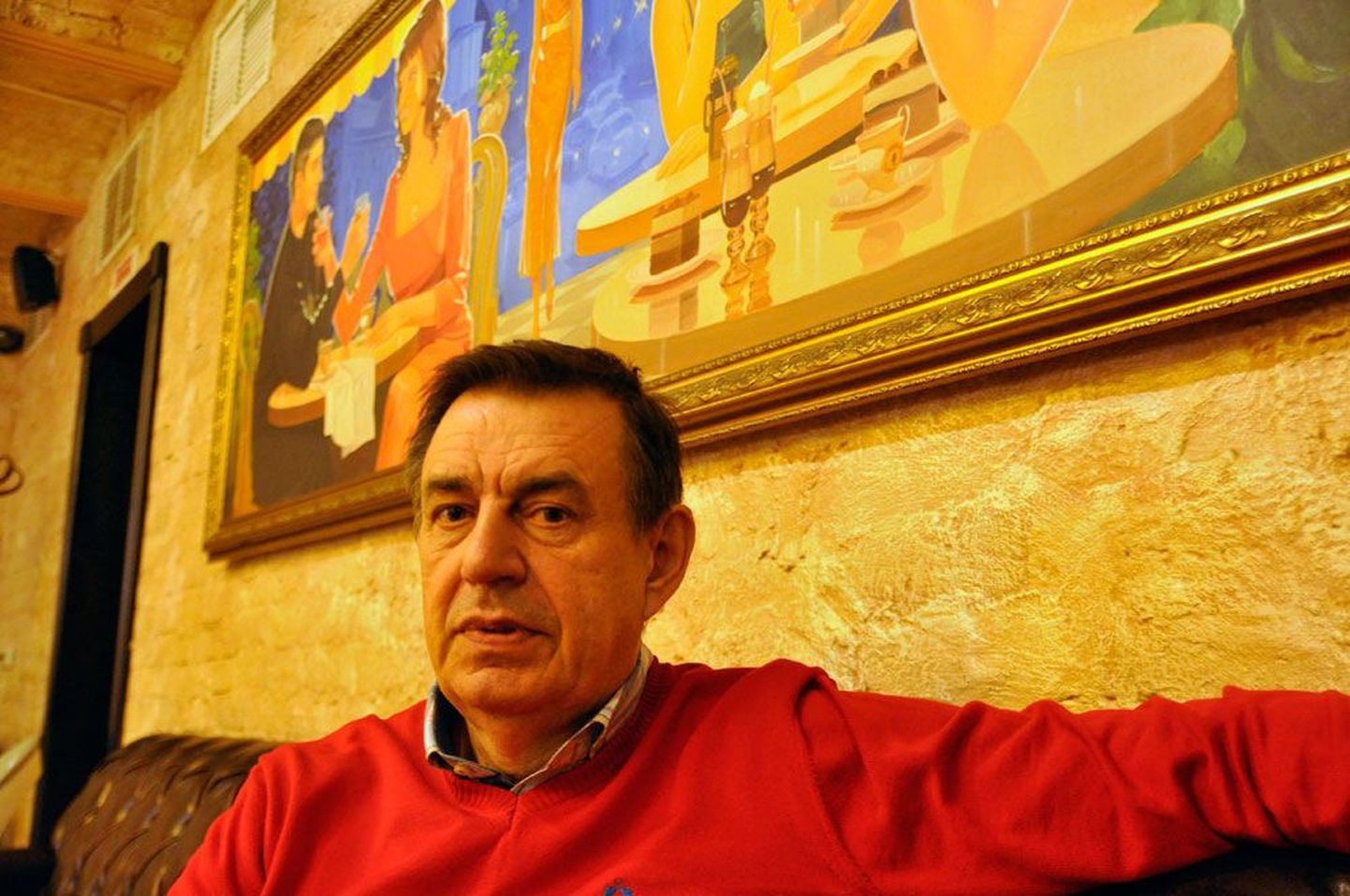The case of security police officer Eston Kohver
• As announced by Security Police of Estonia, at 9 am unknown individuals entering from Russia, on Estonian territory near Luhamaa border point, apprehended a security police officer on duty and by physical force, at gunpoint, took him into Russia.
• In the evening of the same day, FSB announced it had apprehended, during an operation in Pskov Oblast, an Estonian security police employee Eston Kohver from whom they confiscated a Taurus pistol, €5,000, secret audio recording devices and special equipment.
• Estonian foreign ministry summoned Russian ambassador in Estonia Juri Merzljakov.
• To investigate the case, Estonian Internal Security Service initiated criminal proceedings based on Penal Code clauses on illegal deprivation of liberty by force and unlawful crossing of Estonian state border and temporary boundary line.
• Moscow Lefortovo district court ruled to arrest Eston Kohver for two months as suspected in espionage. By Russia, the lawyer Yevgeni Aksyonov was appointed as defence attorney to Mr Kohver.
• Foreign ministry again summons Russia’s ambassador in Estonia.
• Signe Matteus, head of Estonian consular department at the embassy in Moscow meets Eston Kohver in Lefortovo prison.
• By foreign ministry, lawyers Mark Feigin and Nikolai Polozov – among others representing the now-released Russian punk band Pussy Riot members – were hired to defend Mr Kohver.
